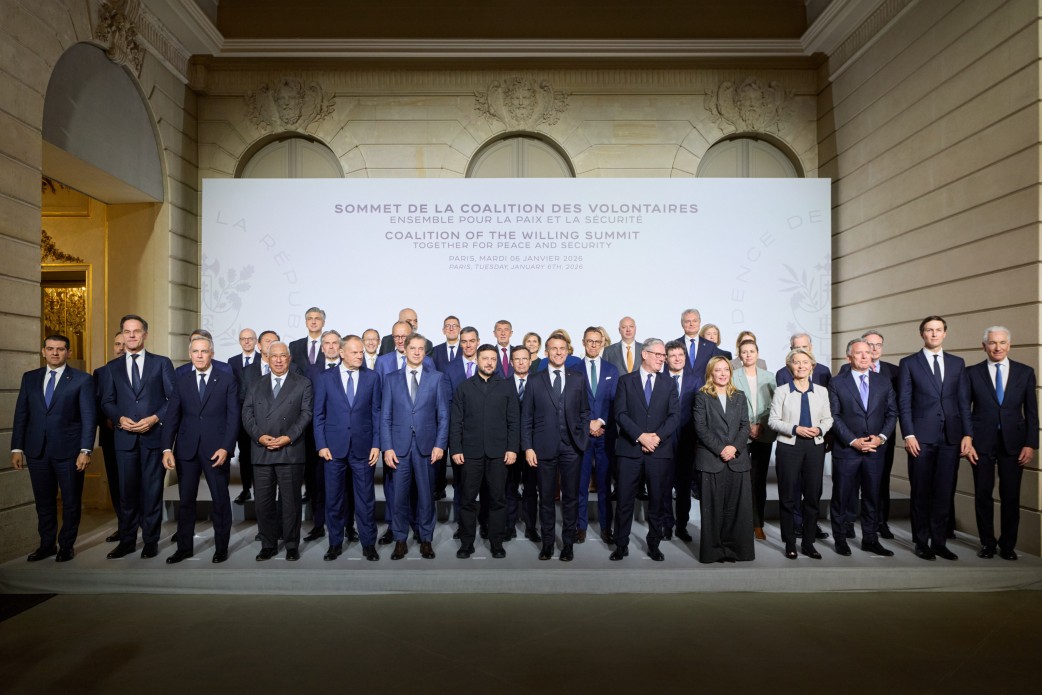Russian intelligence agencies have begun actively recruiting refugees and migrants in NATO countries for espionage, subversive activities, and information influence, reports Eurasia Daily Monitor citing Western intelligence sources and their own research, as reported by Jamestown.
After Russia’s full-scale invasion of Ukraine in 2022 and the mass expulsion of Russian diplomats from NATO countries, traditional espionage channels under diplomatic cover became unusable. In response, the FSB and GRU started using more flexible and informal methods, targeting vulnerable groups — Ukrainian refugees, Russian migrants, and other foreign nationals in difficult social and legal situations.
These people often do not realize they are being used and receive no assistance from Russian authorities if arrested. For example, in Poland and the Czech Republic, there have been documented cases where migrants and refugees were recruited via the Telegram messenger to gather information, install hidden cameras at infrastructure sites, and participate in sabotage. According to Polish counterintelligence, those detained were spying on supply routes for Western weapons to Ukraine. Many of them are refugees from Ukraine and Belarus who arrived after the war began.
In NATO countries, Russian intelligence activities increasingly focus not on classic reconnaissance but on provoking chaos, stirring social discord, and undermining trust toward Ukrainians. For instance, a report by the Czech Security Service states that the FSB organized recruitment through Telegram of migrants outside the EU to participate in actions undermining social cohesion. At the same time, dozens of cases were identified in Poland where Russians, Belarusians, and Ukrainians granted humanitarian status became part of espionage networks involved in surveillance and sabotage preparation.
This tactic is especially effective due to migrants’ vulnerable position: they often face legal difficulties, social isolation, and discrimination. Russian intelligence exploits this by offering money, protection, or other perks in exchange for cooperation. Meanwhile, the Kremlin essentially does not care for its “street agents”: after arrest, they remain unsupported and sometimes even unacknowledged by Russian authorities.
For example, in Poland, Russian citizen Igor Rogov was arrested, accused of sending explosive devices to EU logistics centers. Later, his wife, also in the country under humanitarian status, was arrested. Russia made no official statements in their defense, showing the Kremlin’s total refusal to support such operatives. Similar situations occurred with those accused of espionage in the Czech Republic, Germany, and Finland.
Recruitment also happens at border crossings, transit camps, and migration centers, where agents posing as local officials question Ukrainian refugees about personal information, possible links to Ukrainian military or intelligence, and logistics at the front. Special attention is paid to youth, who are easier to manipulate and involve in actions against Ukraine’s aid infrastructure.
Information attacks have also become part of the strategy. In June 2024, Ukraine’s Center for Countering Disinformation reported a coordinated social media campaign spreading false claims about threats posed by Ukrainian refugees and NATO dangers to Europe. The campaign’s goal was to weaken support for Ukraine in EU countries and discredit refugees.
Poland remains a priority target for such operations as it plays a key role in delivering military and humanitarian aid to Ukraine. Russian intelligence views destabilization within Poland as a way to hinder support for Kyiv. This also explains frequent arrests in Poland and FSB/GRU’s focus on the country.
Despite a decline in discrimination against Russian migrants in NATO countries compared to 2022, their vulnerability remains high. These conditions create fertile ground for recruitment and make migrants convenient targets for intelligence services. However, it is increasingly clear that the Kremlin uses these people as expendable assets, offering neither legal help nor political support.
Moscow’s tactics are adaptive and diverse — ranging from working with NGOs and think tanks to organizing subversive actions through “disposable” agents. Although the results of these efforts are often minor, their cumulative effect can undermine public trust, weaken support for Ukraine, and create internal security risks for NATO countries. Addressing these challenges requires not only technical measures but also strategic vigilance and political resolve.





















